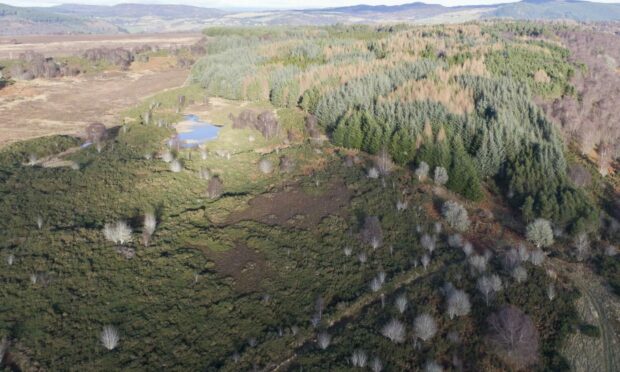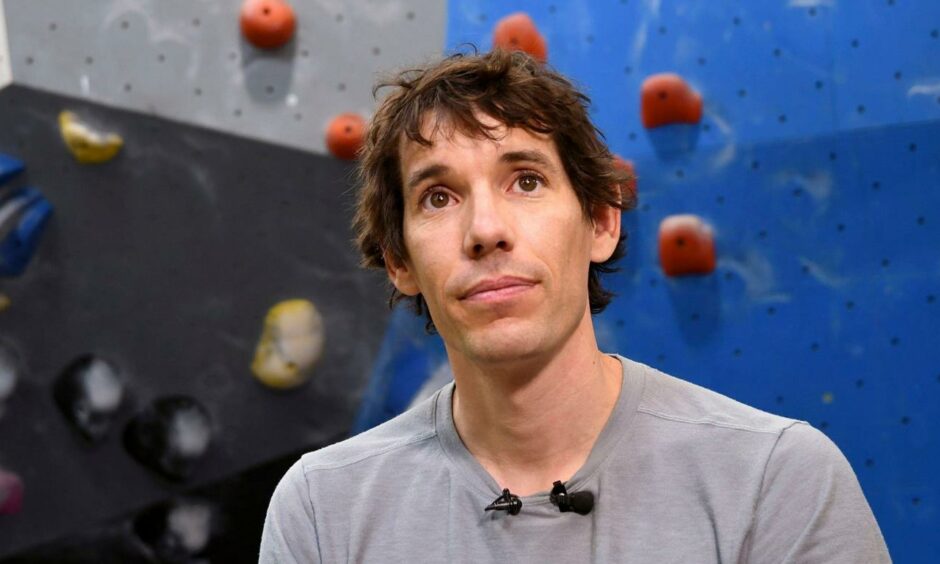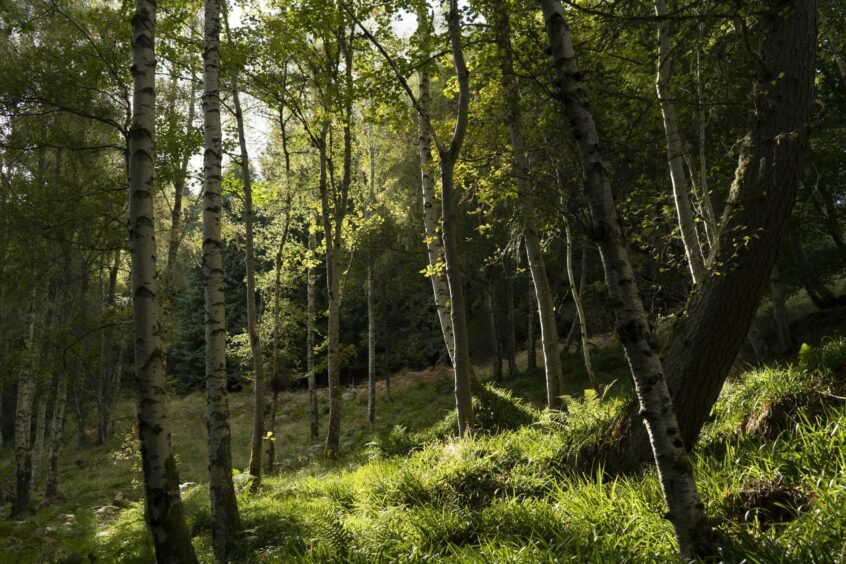The Oscar-winning screenwriter of Slumdog Millionaire is among 50 investors who have injected £7.5 million in rewilding projects in the north of Scotland.
Simon Beaufoy is joined by world champion mountain climber Alex Honnold and local businesses in helping to buy and manage more than 1,600 acres on two estates.
They have invested in the mass-ownership company Highlands Rewilding Ltd which was set up last year and has just closed its founding funders’ round.
Citizen rewilders
The first 50 shareholders contributed sums ranging from £20,000 to £1,500,000 which will be increased in further investment rounds.
The company, aimed at creating ‘citizen rewilders’, emerged from the Bunloit Rewilding Project near Loch Ness and the Beldorney Estate in Aberdeenshire.
The 1,262-acre Bunloit Estate was bought in 2020 by Dr Jeremy Leggett, founder of the solar energy company Solarcentury and former scientific director at Greenpeace.
Last year he added the 860-acre Beldorney Estate in Aberdeenshire to increase carbon sequestration and biodiversity.
The first two tracts of land purchased by Highlands Rewilding include 852 acres of Beldorney, (97% of the estate) and 830 acres (65.7%) of North Bunloit.
The company also has an operating lease on South Bunloit.
Hollywood screenwriter Beaufoy won an Academy Award in 2009 for best adapted screenplay for Slumdog Millionaire, also winning a Golden Globe and a BAFTA.
He also wrote the screenplay and stage adaptation for The Full Monty.
Other credits include Battle Of The Sexes, Salmon Fishing In The Yemen and The Hunger Games: Catching Fire.
‘Vital nature recovery work’
American rock climber Alex Honnold is best known for his free solo ascents, in particular of El Capitan in Yosemite National Park in 2017.
He also holds the fastest ascent of the Yosemite triple crown of Mount Watkins, The Nose, and the Half Dome.
One of the local investors, Fraser Campbell, founder and CEO of Cobbs Group, said: “As a businessman living and working right beside Bunloit, it is a thrill to co-own the northern part of the estate and be involved in the vital nature-recovery work.
“I look forward to other members of the local community becoming shareholders in Highlands Rewilding as we progress.”
Ahead of the COP26 conference last year, the Bunloit team revealed the estate is a net source of greenhouse gas emissions.
Research showed carbon emissions from peatlands more than cancel out sequestration by woodlands.
The “unsettling picture” was presented to the conference, along with plans to reverse the situation.
This includes peatland restoration, felling non-native conifer plantations on top of peat bogs and planting native broadleaf trees.
Forest of Hope
Highlands Rewilding plans also include the planting and regeneration of a ‘Forest of Hope’ on Beldorney, as a legacy of COP26.
Founder and CEO Jeremy Leggett said: “If we want to win the existential battle with climate meltdown and biodiversity collapse, we have to demonstrate that repairing nature builds more prosperity, for more people, rather than continuing to undermine it.
“And we have to involve the full fighting force of local communities in the struggle. Highlands Rewilding aims to do both these things.”
Jonathan Christie, CEO, The Cabrach Trust, added: “As a local charity committed to the regeneration of the Cabrach region, and as a near neighbour of Beldorney, we are thrilled to see local people benefitting from new jobs with Highlands Rewilding.
“We look forward to working with the company on coordinating the extension of their Forest of Hope through land owned by other members of our community.”



